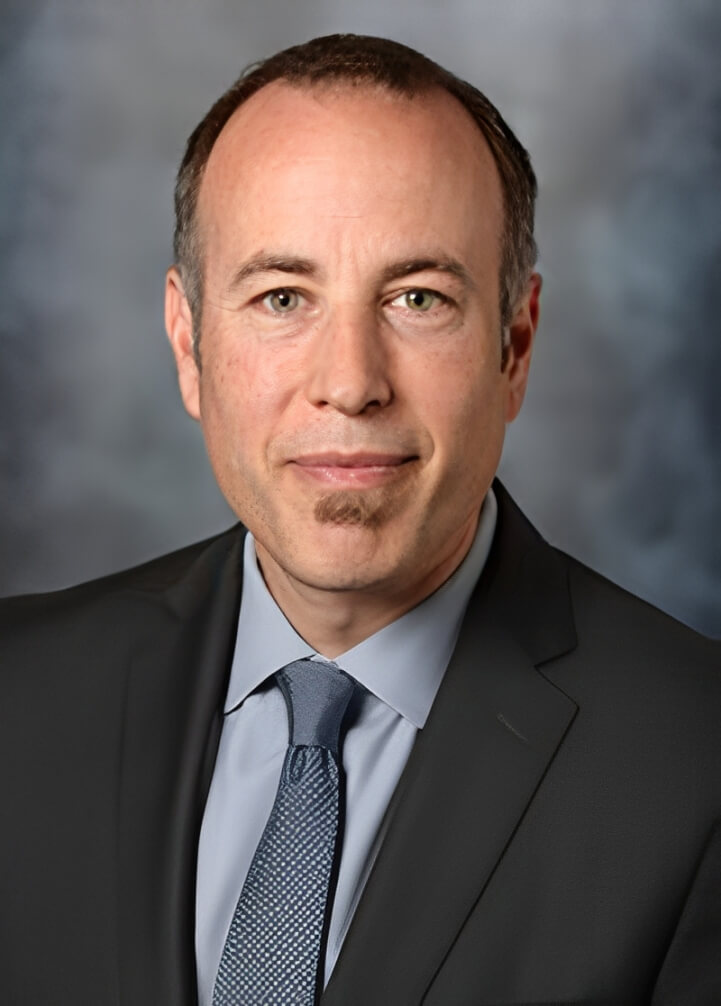
Mega Doctor News
Cedars Sinai
Patients hospitalized with opioid use disorders who receive addiction consultation services are significantly more likely to start medication treatment and access follow-up care when compared with patients who receive standard or usual care, a study co-led by Cedars-Sinai investigators found.
The multi-institutional study was published in the peer-reviewed journal JAMA Internal Medicine.
The addiction consultation service, called the Substance Use Treatment and Recovery Team (START), pairs experts in addiction treatment: a physician with a social worker or case manager. The team provides each patient with diagnostic assessments, recommendations for treatments, psychosocial support, connections to post-hospital medical care and follow-up telephone calls for one month.
“Our program addresses a major challenge across hospitals,” said Itai Danovitch, MD, chair of the Department of Psychiatry and Behavioral Neurosciences at Cedars-Sinai and senior author of the study. “Even though effective medications exist for opioid use disorders, only a small percentage of hospitalized patients begin treatment during their stay or connect with services after discharge.”
Danovitch, START lead principal investigator, said the service offers a supportive, patient-centered intervention that reduces stigma, promotes engagement and increases access to both treatment and follow-up services.
The co-led study was done in collaboration with RAND and conducted from 2021 through 2023 at three geographically distinct U.S. hospitals: Cedars-Sinai in Los Angeles; University of New Mexico Hospital in Albuquerque, New Mexico; and Baystate Medical Center in Springfield, Massachusetts.
The study included 325 hospitalized patients 18 or older who had a probable diagnosis of opioid use disorder. Of the patients enrolled,164 were randomly assigned to the START program while 161 received the usual hospital care.
The data shows that 57.3% of the START patients began medication treatment for opioid use disorder while in the hospital compared with 26.7% of the patients in the usual care group. Additionally, the study showed that 72% of the START patients accessed follow-up care within 30 days after discharge from the hospital compared with 48.1% of the control group.
Prior studies have shown that addiction consultation services are associated with improvements in care and outcomes, but this new study was the first multisite, randomized, controlled trial to compare the effects of such services to usual care, Danovitch said.
Opioid use disorder is a persistent problem. Nearly 80,000 people died from opioid overdoses in the U.S. in 2023, according to the U.S. Centers for Disease Control and Prevention. Between 2002 and 2018, hospital admissions for opioid use disorder rose significantly—from nearly 302,000 to nearly 942,000.
“Hospitalization provides a crucial window to involve patients in addiction treatment when they might be most open to it, particularly after experiencing health-related consequences of their substance use,” said Jeffrey A. Golden, MD, director of the Burns and Allen Research Institute and executive vice dean for Research and Education at Cedars-Sinai. “These important findings show how the medical community can significantly boost this engagement and help find solutions for the national opioid epidemic.”
Other Cedars-Sinai authors include: Mia W. Mazer, BSc; Teryl Nuckols, MD, MSHS; and Waguih William IsHak, MD.
Other authors include: Allison J. Ober, PhD; Cristina Murray-Krezan, PhD; Kimberly Page, PhD; Peter D. Friedmann, MD, MPH; Jess Anderson, MS; Karen Chan Osilla, PhD; Stephen Ryzewicz, MD; Sergio Huerta, MD: Randall A. Hoskinson, MA; Richard Garvey, MA; Alexandra Peltz, BA; Katherine E. Watkins, MD, MSHS; and Louis T. Mariano, PhD.
Funding: Support for the study was provided by the National Center for Advancing Translational Sciences and National Institute on Drug Abuse, both parts of the National Institutes of Health, under grant award number U01TR002756-01A1. This content is solely the responsibility of the authors and does not necessarily represent the official views of the National Institutes of Health.
Cedars-Sinai Health Sciences University is advancing groundbreaking research and educating future leaders in medicine, biomedical sciences and allied health sciences. Learn more about the university.
Information source: Cedars Sinai









